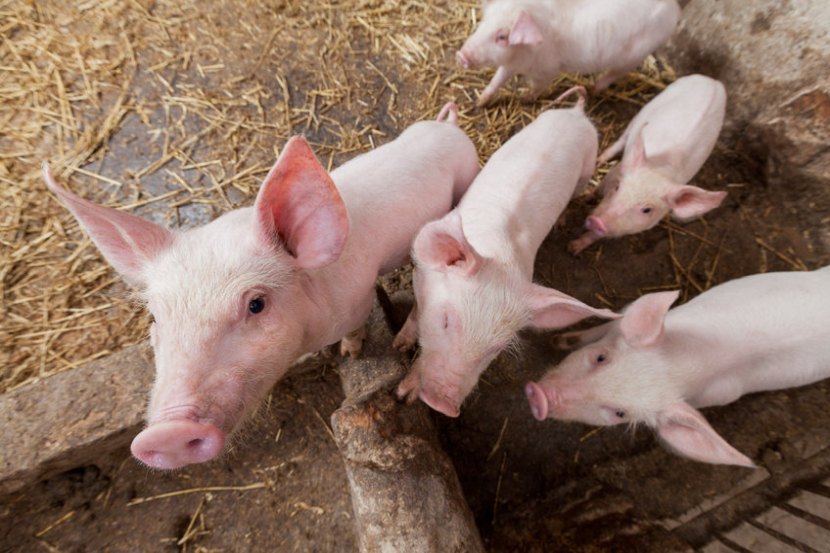
Farming Minister Robert Goodwill has highlighted in parliament an initiative which encourages farmers to keep their livestock lorries clean from disease.
The pig industry-led #MuckFreeTruck campaign seeks to encourage farmers, processors and hauliers to do everything they can to keep lorries clean.
The campaign is led by the National Pig Association (NPA) and AHDB, with the backing of Red Tractor and the British Meat Processors Association, among others.
It comes as African swine fever (ASF) is currently causing huge problems in Asia and the virus is present in many countries across Eastern Europe.
In parliament, Mr Goodwill was asked by East Yorkshire MP Sir Greg Knight what steps he is taking to improve biosecurity in the UK in the context of the ASF threat.
Sir Greg also asked what additional steps the minister has taken to ensure that trucks transporting pigs are not at risk of transmitting the virus – the focus of the #MuckFreeTruck campaign.
Mr Goodwill said the UK has robust measures and guidance in place to protect against the introduction of exotic diseases like ASF, including import bans on livestock and products of animal origin from high risk areas, a movement standstill regime and the swill feeding ban.
He added that the International Disease Monitoring team regularly assesses global changing disease trends and the potential risk to the UK.
“There is existing legislation which requires the cleansing and disinfection of any vehicles used to transport livestock.
“Local Authorities are responsible for enforcement and have powers to take action if they believe an operator has not complied with these regulations.”
He added: “A government led campaign is currently running to raise awareness of the increased risk of ASF and measures that individuals can take to avoid the accidental introduction of disease.
“The UK Chief Veterinary Officer has also endorsed the National Pig Association’s #MuckFreeTruck campaign.”
NPA chief executive Zoe Davies said she was 'delighted' to see the campaign discussed in parliament.
She said the whole supply chain must be included, looking at what more can be done to raise awareness at farm level, and working closely with hauliers.
“We also want to work with processors to see what their issues are and what else they can do,” Ms Davies said.
“It is not just about livestock trucks – it is also about feed trucks and deadstock trucks, any vehicles that come onto farms.”
She added: “Evidence from across the world has shown, whether it is exotic diseases like ASF or endemic problems like swine dysentery, dirty trucks spread disease.
“We at least need to encourage people to be prepared to turn away trucks if they turn up dirty and to ensure their own trucks are clean when they return from the abattoir.”
